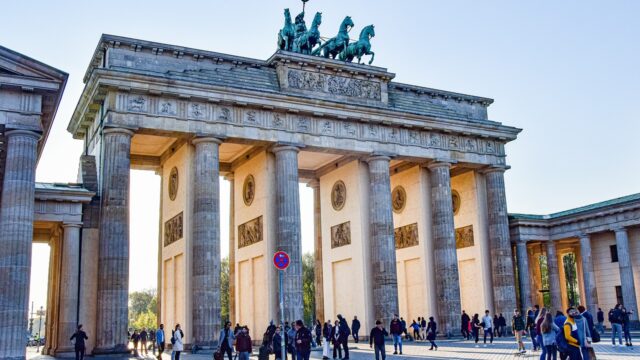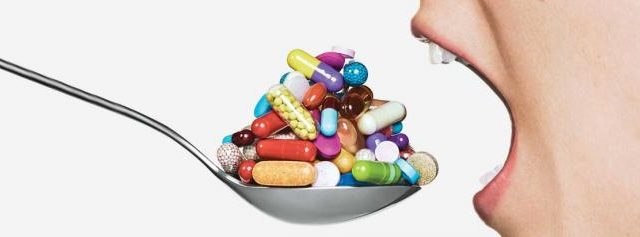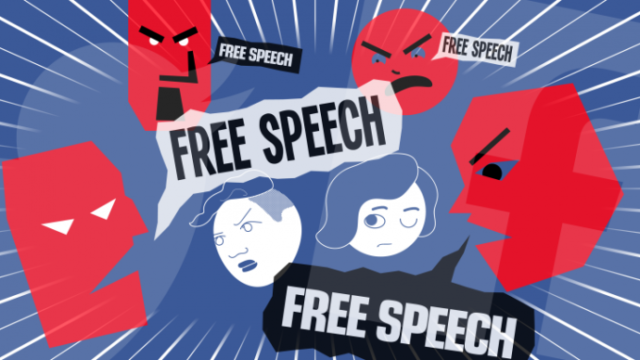iPaulina

Is Black Friday a scam?
How sales trick your brainYou may have heard of the recent study by Which? that showed that only 1 out of 20 Black Friday deals means the buyer actually saves money.
Black Friday gets its name because it is the time of the year shops often go from being ‘in the red’ (losing money) to being ‘in the black’ (making a profit). The modern concept of Black Friday as a day of huge sales began in the 1950s. But why does it still exist if almost no one is saving? And why is it so successful?
Consumer psychology tricks like huge sales (for example, Black Friday deals!) are how shops make the majority of their profit. Other examples of these consumer psychology tricks include how supermarkets are organised. If you’ve ever thought there seemed to be no clear pattern to how your local supermarket was arranged, you’re right; the point is to make you wander around looking for what you need so you see other items whilst doing so and are more likely to be tempted to buy them.
Sales are so successful for several reasons. They create a sense of competition and urgency among shoppers; the fact that Black Friday sales are only for a few days is one of the factors increasing their success.
Shops also often try to cultivate an atmosphere of intense (and often aggressive) competition between shoppers on Black Friday, so it is common to see people fighting over an item they didn’t even want in the first place because they feel they should be the one to get it.
Some shops create this sense of urgency in their online stores too. We’ve all received an email from a shop about an exclusive sale for a short time only, usually with a countdown in the email to make us panic. Online retailers like Amazon offer free next day delivery – but only if you order by midnight. Other shops also empty your cart after a period of time or let you know if the item you’re viewing is being viewed by a lot of other people, making you panic and buy things in case you lose them.
The deals retailers offer are also geared towards making you spend more. Shops often have deals like ‘buy one, get one free’ instead of 50% off, because ultimately, you buy more items.
Another theory is that words like ‘sale’ and ‘deal’ trigger the reward system in the brain, causing a release of dopamine and motivating us to spend excessively. This also creates a habit pattern so we are more likely to spend in future sales.
All this leads to impulse buying, which is estimated to be responsible for $4bn worth of retail sales in the US alone. So maybe leave your wallets at home this time around?
Ruby VI

Free, semi-free, or sky-high: the cost of higher education

Biden Halts Arms Trade with Saudi

Angela Merkel Stepping Down

Could you use an app instead of going to the doctor?

Are you taking your vitamins? Well, should you?

Political Advertising on Facebook

Cartography
